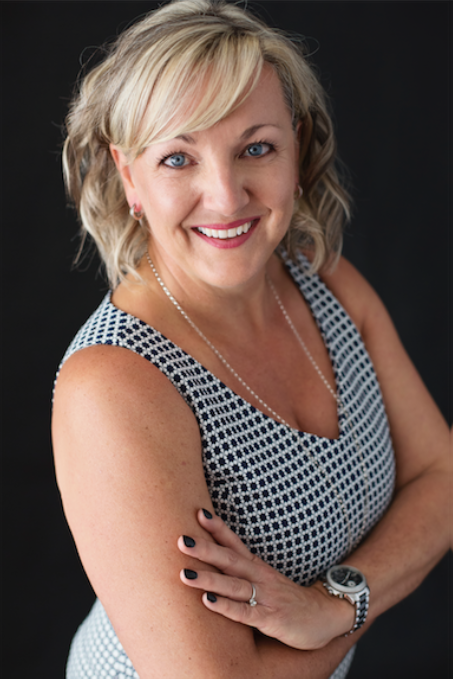When School Doesn’t Understand: Anger, Withdrawal and Confusion in Neurominority Students and Learners
by Nathalie Bertrand, ION Canada Board Member & Neurodiversity Coach based in Quebec
In my work as a specialized educator in elementary schools, I see — every day — reactions labeled as “inappropriate” or “disruptive” from children who are simply overwhelmed. They don’t have the words yet to explain what’s going on
inside them. And too often, no one has helped them make sense of it.
I recognize those reactions, because I’ve seen them too in my coaching practice with neurodivergent teens and adults.
Years later, these kids become college students or young professionals… but the same wounds reappear: anger, discouragement, shame for not being able to “function like everyone else.”
There’s a thread that runs through all these experiences, regardless of age or education level: emotional overload in a world that doesn’t get them. In my classroom, I see children melt down after two overstimulating activities with no break in between. Others “explode” because a transition was forced on them without warning. Some shut down completely, unable to verbalize their
discomfort, their frustration — or their distress.
It’s not defiance. It’s survival.
Later, in college or university, these same patterns return — but more silently.
They don’t explode anymore. They burn out. They drop out. They start to believe that maybe they’re just “not cut out for this.” People talk about lack of motivation or maturity. But if we dig just a little, we often find unmet needs — never named, never validated, never understood.
That’s why I chose to coach neurodivergent teens and adults. To offer them a space where their reactions make sense.
Where their needs are seen as valid. Where they can learn to understand themselves — instead of constantly trying to fix themselves.
I believe that if we truly want an inclusive education system, we need to start by
listening to what behaviors are trying to tell us.
And we need to accept that neurodivergent youth may not always express themselves with words — but that they are always expressing something.
What if we chose to believe them?

I’m Nathalie Bertrand, a board member for ION Canada and a neurodiversity coach. I am also proudly neurodivergent myself. I’ve spent the past several years supporting neurodivergent teens and adults through a compassionate, strengths-based approach that respects their
unique pace and needs.
With my background as a specialized educator in elementary schools, I witness
every day how misunderstanding and invalidation can affect neurodivergent
youth.
My goal is to create a space where reactions make sense, needs are honored, and people can stop trying to “fix” themselves and simply be who they are.

